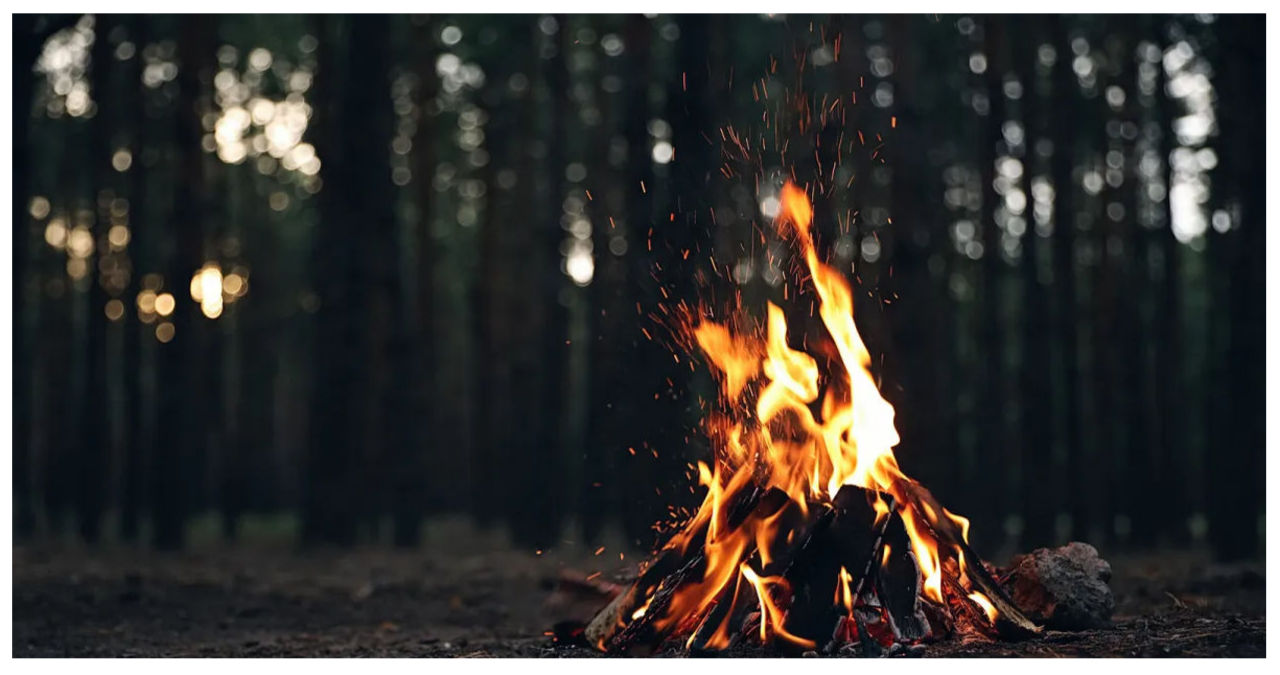During my early childhood, I resided on a secluded street in New York.
Growing up on a road where most of the land belonged to my family added an extra layer of excitement to my childhood. It was a thrilling experience to roam freely with my cousins, from one property to another. The sense of privacy and familiarity provided us with a tremendous amount of freedom.
We engaged in various activities with cars, bikes, motorcycles, and other objects that would not be tolerated elsewhere. I often ponder the legality of those actions, considering that we were on our own property and utilizing a private road.
I used to wonder about this, but now it doesn’t really matter since the statute of limitations has expired for most of my past antics. Currently residing in Connecticut, I find myself pondering this question again. Suppose I had a large private property, would I be allowed to have controlled fires? Specifically, would it be illegal to have a sizable campfire or bonfire?
I couldn’t resist my curiosity, so I embarked on a quest for answers. Here’s what I discovered, as per the Connecticut Department of Energy & Environmental Protection (CT DEEP):
Burning wood in a campfire, bonfire, chiminea, or similar devices is not allowed if it causes a disturbance for neighbors or violates any local restrictions. The specific regulations for campfires and bonfires are not defined by state law, but certain towns may have their own requirements for conducting this type of burning. In some cases, homeowners may need to obtain a permit before having a campfire on their property.
According to the source, they also mention that:
Special requirements for fires might include imposing restrictions on their size, mandating setback distances from structures and property lines, specifying lot size regulations, and implementing a permitting system for campfires and bonfires. It is advisable to consult with your local Open Burning Official, Fire Marshal, or town hall to ensure compliance with any specific restrictions or requirements.
It is important to note that the regulations regarding chiminea usage vary depending on the specific town. Therefore, it is advisable to check with local authorities to ensure compliance. Additionally, common sense should be applied when using a chiminea. For instance, if you have a chiminea that was purchased from a reputable retailer like Home Depot, it is likely acceptable. On the other hand, if you have a massive bonfire that is 13 feet tall and filled with highly flammable materials, it is most likely not permitted.
Here are a few key points to consider:
-
- Whenever the State, any state leaves a matter up to a municipality, those towns typically lean towards conservative regulations.
- The more vague a law or regulation is, the more chance you have of getting in trouble. They make the language vague so local leaders (usually dip—-) can tell you how to live your life, on your own property.
- The “state guideline” you just read leaves room for interpretation by local officials.
They could have simply declined.
There are rules in place to prevent certain individuals from ruining the experience for everyone else. These rules exist because there are individuals who may cause significant harm or destruction. For instance, nobody wants a reckless individual to start a fire and risk burning down the entire town. It’s unfortunate, but some people simply can’t handle the excitement and freedom that places like Vegas offer.



